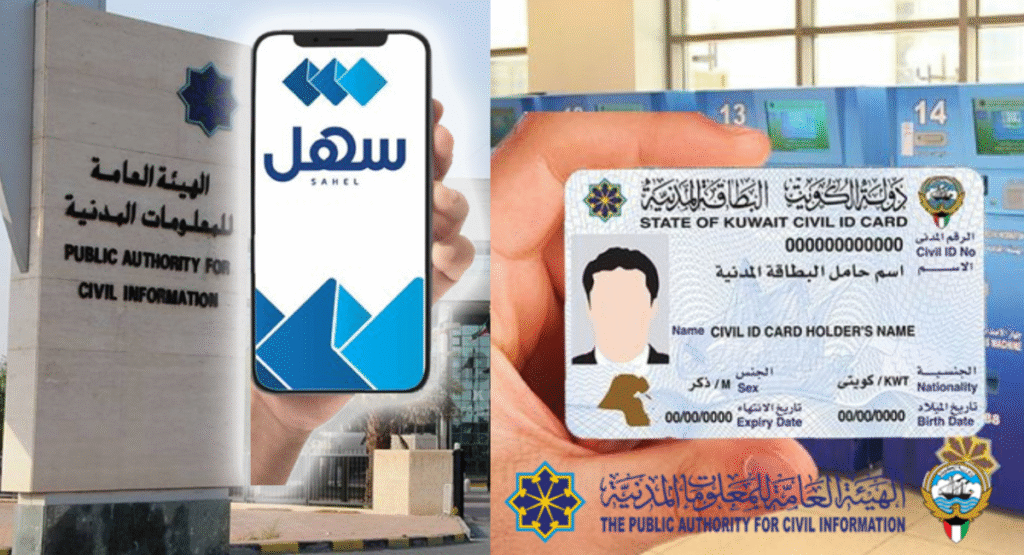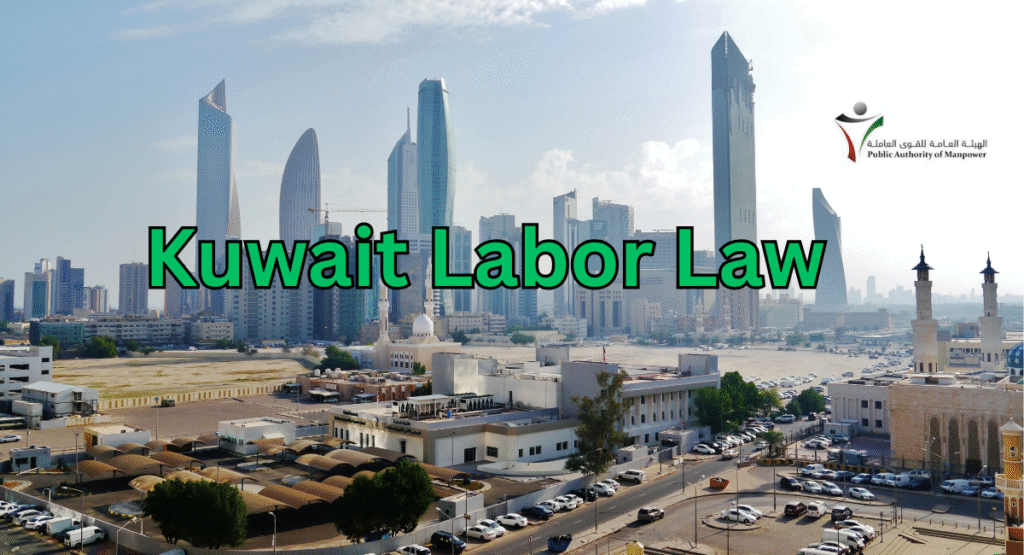What is GCC? The Gulf Cooperation Council (GCC) is a regional alliance formed in 1981, bringing together six Middle Eastern countries — Saudi Arabia, Kuwait, UAE, Qatar, Bahrain, and Oman — united by shared goals, culture, and Islamic heritage.
Members Countries of the GCC:
Saudi Arabia

Saudi Arabia is the largest country in the Middle East, with a population of over 36 million people. Its capital, Riyadh, is a modern, fast-growing city known for skyscrapers, malls, and business hubs. About 30–35% of the population are expats from around the world, making it a mix of cultures.
Saudi Arabia is also home to Makkah and Madinah, the two holiest cities in Islam. Every year, millions of Muslims visit for Umrah and Hajj, making the country a special spiritual destination.
While Saudi Arabia is known for its oil, the country is now changing fast with a big plan called Vision 2030. It’s investing in tourism, entertainment, and technology to attract more visitors and skilled workers.
You can visit beautiful places like AlUla, an ancient desert city with stunning rock formations, or go diving in the Red Sea. The country also hosts big events like Formula 1 races and music festivals.
Saudi Arabia offers tax-free salaries, a range of international schools, modern healthcare facilities, and has recently introduced easier visa options. Projects like NEOM, a planned high-tech city, reflect the country’s focus on economic development and long-term urban planning.
United Arab Emirates (UAE)

The United Arab Emirates (UAE) is a federation of seven emirates, with Abu Dhabi as the capital and Dubai as its most well-known city. The country has a population of about 10 million, with nearly 90% being expats from all over the world. This makes the UAE one of the most international places to live and work.
The UAE has rapidly developed into a global hub for business, tourism, aviation, and finance. It’s known for its modern cities, excellent infrastructure, and diverse job opportunities in sectors like tech, healthcare, construction, and hospitality.
Education and healthcare are high priorities, with many international schools and private hospitals. The government has also introduced long-term residency options like the Golden Visa, aiming to attract skilled professionals, investors, and entrepreneurs.
For visitors, the UAE offers everything from desert adventures and luxury resorts to iconic attractions like the Burj Khalifa, Sheikh Zayed Grand Mosque, and major events such as the Abu Dhabi Grand Prix and global trade shows. Families with children can enjoy a wide range of kid-friendly entertainment, including Dubai Aquarium, Legoland Dubai, KidZania, and Ferrari World’s family rides.
Looking ahead, the UAE is planning major initiatives to attract more visitors and long-term residents. These include expanding the Golden Visa program, launching freelancer and remote work visas, and building new tourism and cultural zones such as Expo City Dubai and creative districts in Abu Dhabi and Sharjah. Public transport networks are growing, and new residential communities are being designed with expat families in mind. These developments aim to make the UAE even more livable, accessible, and appealing for professionals, tourists, and families alike.
Qatar

Qatar stands out in the Gulf for its bold transformation from a desert peninsula into a global player in energy, education, media, and culture. Though small in size, it is one of the world’s richest countries per capita, with a population of around 2.7 million, the majority being expats.
The capital city, Doha, blends modern design with traditional flair — think sleek skyscrapers rising beside bustling souqs and historic forts. The country’s wealth comes mainly from natural gas, but Qatar has made significant strides in diversifying its economy, especially in education, media, hospitality, and sports. It is also home to Al Jazeera, a globally recognised news network headquartered in Doha, known for its influential reporting across the Middle East and internationally.
Unlike the fast-paced buzz of its neighbours, Qatar offers a more calm and curated lifestyle. Residents benefit from clean streets, organized infrastructure, and a strong sense of safety. Education City, home to international universities like Georgetown and Northwestern, signals the country’s long-term investment in knowledge and innovation.
For families and visitors, Qatar offers cultural and recreational experiences such as the Museum of Islamic Art, Katara Cultural Village, Aspire Park, and Desert Falls Water Park. The Doha Metro connects major parts of the city, making it easy to get around.
Looking ahead, Qatar aims to attract 6 million visitors annually by 2030 as part of its National Tourism Sector Strategy 2030. Major developments include the $5.5 billion Simaisma beachfront project with a theme park larger than Disney’s Magic Kingdom, new resorts, and family attractions. The country is also expanding visa-free access, simplifying residency rules, and developing new lifestyle hubs like Lusail City — all designed to make Qatar more welcoming for tourists, professionals, and long-term residents.
Kuwait

Kuwait is a small but wealthy Gulf country positioned at the northern tip of the Arabian Gulf, with a population of about 4.5 million. The capital city, Kuwait City, is the country’s cultural and economic hub, home to modern skyscrapers, museums, and a scenic waterfront. Around 70% of the population are expats, with large and diverse international communities contributing to daily life and the workforce.
Kuwait’s economy relies largely on oil exports, but efforts are underway to diversify by expanding investment in infrastructure, education, and healthcare. The education system includes a strong public sector alongside a growing network of private and international schools. Healthcare services are widely available through both public and private hospitals. Many expats are employed in key industries such as oil and gas, engineering, healthcare, education, finance, and administrative roles, working across both government and private sectors.
While Kuwait is quieter than some of its GCC neighbours, it offers a comfortable lifestyle for expats and families, with low crime rates, tax-free income, and a close-knit community feel. The country is also known for its strong cultural identity and traditional values, with popular activities including seaside walks, family gatherings, and visits to cafes and souqs.
For visitors, Kuwait offers attractions like the Kuwait Towers, the Grand Mosque, and Tareq Rajab Museum, as well as family-friendly spots such as Al Shaheed Park, The Scientific Center (Aquarium & IMAX), and Kuwait Zoo. Large malls like The Avenues also offer shopping, entertainment, and indoor play zones for kids.
Kuwait is enhancing its infrastructure, expanding entertainment options, and streamlining services for expats, including faster visa and residency processes. Combined with a tax-free salary structure, modern housing developments, and a safe, family-friendly environment, Kuwait is positioning itself as a more attractive destination for professionals seeking stability and career opportunities in the Gulf region.
Bahrain

Bahrain is the smallest country in the Gulf, but it has a big role in the region. It’s known for its open economy, friendly lifestyle, and rich history. With a population of about 1.5 million, a large number of people living in Bahrain are expats, which gives the country a very international feel.
The capital city, Manama, is a busy center for business and banking, and also has a fun side with restaurants, cafes, and cultural events. Bahrain is strong in finance, healthcare, education, and is one of the more relaxed and welcoming places in the Gulf for both work and family life.
You’ll find a mix of old and new — from ancient forts and traditional souqs to modern shopping malls and skyscrapers. People enjoy the laid-back lifestyle, short commutes, and easy access to beaches and weekend activities. Events like the Formula 1 Bahrain Grand Prix, food festivals, and art shows make life in Bahrain interesting all year round.
In the coming years, Bahrain is planning several projects to support its tourism and housing sectors. Developments such as Bilaj Al Jazayer and Diyar Al Muharraq aim to expand coastal tourism and provide more residential options. The government is also working on improving older areas like the Manama souq to attract more local and international visitors.
To support its long-term population and workforce needs, Bahrain has introduced residency visas for investors, retirees, and skilled professionals. In addition, digital government services are being expanded to simplify processes like work permits and business registration. These efforts are part of Bahrain’s broader strategy to support economic diversification and urban development.
Oman

Oman offers a tranquil and culturally rich experience distinct from its Gulf neighbours, with a strong focus on natural beauty, heritage, and community life. It has a population of about 4.5 million, with expatriates making up approximately 40–45%.
The capital, Muscat, is renowned for its clean streets, traditional architecture, and scenic coastline framed by rugged mountains. Oman maintains a balance between modernisation and cultural preservation, providing a serene and family-friendly environment for both visitors and long-term residents.
While the economy has traditionally relied on oil and gas, the government is actively diversifying through investments in tourism, logistics, fisheries, mining, and renewable energy, aligned with its Vision 2040 strategy. This diversification opens opportunities for skilled expatriates in education, engineering, healthcare, and hospitality.
Education and healthcare sectors are expanding, featuring a mix of public and private institutions, including several international schools and clinics in Muscat. Although salaries may be slightly lower compared to the UAE or Qatar, the cost of living is more affordable, particularly in housing.
For nature enthusiasts, Oman is a haven. Attractions include Wadi Shab, Wadi Bani Khalid, Jebel Akhdar, Jebel Shams, and the Wahiba Sands desert. The extensive coastline offers white-sand beaches, dolphin-watching tours, and scuba diving spots around the Daymaniyat Islands, a protected marine reserve teeming with coral reefs and sea turtles.
Cultural landmarks such as Mutrah Souq, the Sultan Qaboos Grand Mosque, and the Royal Opera House Muscat showcase the nation’s rich heritage and hospitality.
Looking ahead, Oman is positioning itself as a more attractive destination for long-term residents and foreign professionals. A key part of this effort is the introduction of its Golden Visa program, which offers 5- and 10-year residency to investors, entrepreneurs, and skilled professionals. This allows expats to live, work, own property, and sponsor their families without the need for a local sponsor — a major shift from past policies. Combined with Oman’s focus on sustainable tourism and high quality of life, the country is becoming an appealing choice for those seeking stability, natural beauty, and a slower-paced lifestyle in the Gulf.
The Future of GCC
The GCC is becoming more important in the world, not just for its oil and gas, but for how quickly it is growing and changing. Countries like the UAE, Saudi Arabia, Qatar, Oman, Kuwait, and Bahrain are investing in the future — building modern cities, improving transport, expanding tourism, and bringing in new industries like tech and green energy.
What makes the region special is its mix of tradition and modern life. You can visit ancient sites, enjoy beautiful nature, or explore some of the world’s most advanced cities. For people thinking about living or working here, the GCC offers tax-free salaries, good schools and hospitals, and a safe environment for individuals and families. Many countries now offer long-term visas for skilled workers, investors, and retirees.
Whether you’re looking for new career opportunities, a different lifestyle, or just want to explore a part of the world that’s changing fast, the GCC is a region worth paying attention to and one that offers something for both short visits and long-term stays.



